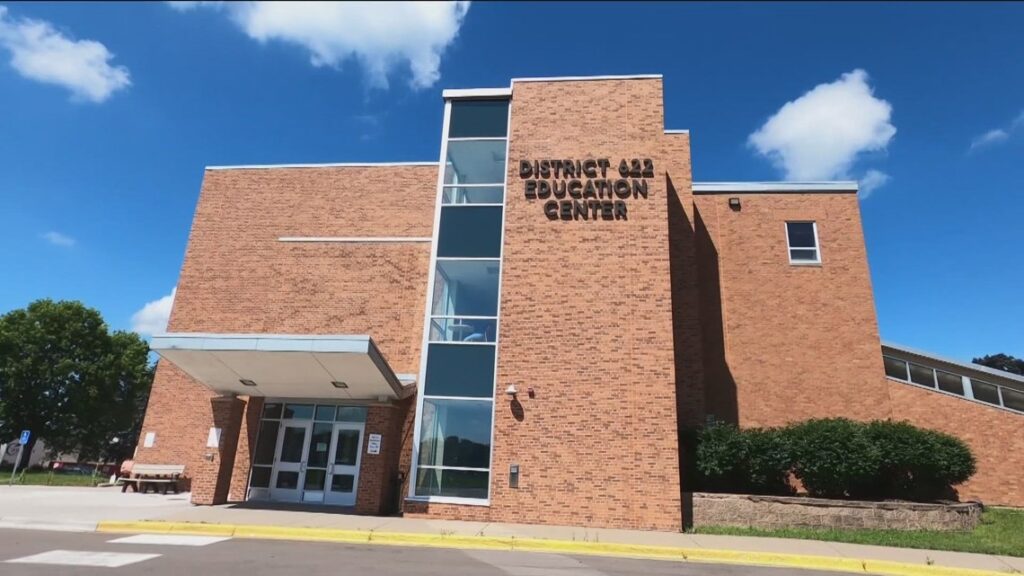
MINNESOTA, USA — In a surprising move, the Trump Administration has announced the withholding of nearly $7 billion in federal funding intended for K-12 schools across the United States. This funding, which had already been approved by Congress, was expected to be distributed to schools on July 1. The sudden decision has left many educational institutions scrambling to adjust their budgets and programs.
The Minnesota Department of Education (MDE) has reported that the state could lose approximately $74 million, affecting up to 45 school districts. The notification was received late on June 30 via a brief email from the U.S. Department of Education, which stated that due to the change in administrations, a review of the fiscal year 2025 funding for several grant programs was underway. The email emphasized that no grant award notifications would be issued until this review was completed, aligning with the President’s priorities and the Department’s statutory responsibilities.
Impact on Minnesota School Districts
One of the districts facing significant financial challenges is North St. Paul-Maplewood-Oakdale. Superintendent Christine Tucci Osorio highlighted the potential loss of $621,716, funds primarily allocated for English learners and their educators. “That’s a funding bucket that has a very direct impact on our English language learners,” Tucci Osorio noted, stressing the legal and ethical obligations to educate all students.
The district had already finalized its budget, relying heavily on this funding to cover staff salaries, technology tools, professional development, adult literacy, and summer programs. “The funding is critically important, especially for districts with higher numbers of students in poverty, who will be disproportionately impacted by these changes,” she added.
Statewide Concerns and Historical Context
MDE Commissioner Willie Jett has reached out to the U.S. Department of Education for clarification on the timeline and expected release of the funds, describing the situation as “creating unnecessary uncertainty.” The Education Department, however, has yet to respond to requests for comment.
In an effort to provide transparency, Jett shared detailed information with the Minnesota Congressional Delegation about how schools have historically utilized these funds. For instance, last school year, Austin Public Schools received $186,734 in Title II-A funding to support the recruitment, retention, and professional development of educators. Similarly, Faribault Public Schools received $104,691 in Title III-A funding to enhance English language proficiency among students.
Expert Opinions and Legal Implications
Educational experts and administrators are expressing concern over the potential long-term impacts of this funding delay. “This is about teaching literacy, math, and science for professional development and ensuring progress in achievement and growth,” Tucci Osorio emphasized.
The decision has also sparked legal challenges. The NAACP has filed a preliminary injunction, aiming to prevent the Trump Administration from dismantling the Department of Education. This legal action underscores the broader implications of the funding holdback, which could lead to significant disruptions in educational services nationwide.
Future Prospects and Potential Solutions
As districts await further guidance, they are exploring alternative funding sources to mitigate the potential shortfall. Options include placing levies on upcoming ballots or reallocating existing resources. However, these measures may not fully compensate for the loss of federal support.
The situation remains fluid, with educators and policymakers closely monitoring developments. The outcome of ongoing legal proceedings and administrative reviews will likely shape the future of federal education funding and its distribution.
For now, the uncertainty looms large over Minnesota’s schools, as administrators and educators strive to maintain essential programs and services for their students amid financial constraints.






